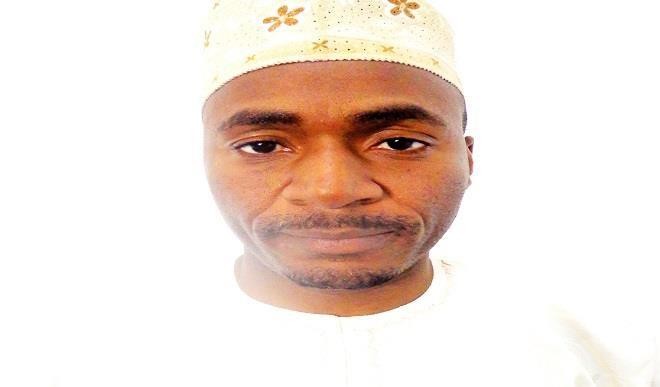Farmers’ insurance subsidy has been fully captured – NAIC
The Acting Managing Director/CEO of the Nigerian Agricultural Insurance Corporation (NAIC), Bashir Haliru Binji, has said farmers’ insurance premium subsidy has been fully captured in the 2017 appropriation bill. Speaking exclusively to our reporter, Bashir said, “There is the issue of premium subsidy, we realise that these subsidies are not always budgeted for especially by […]


The Acting Managing Director/CEO of the Nigerian Agricultural Insurance Corporation (NAIC), Bashir Haliru Binji, has said farmers’ insurance premium subsidy has been fully captured in the 2017 appropriation bill.
Speaking exclusively to our reporter, Bashir said, “There is the issue of premium subsidy, we realise that these subsidies are not always budgeted for especially by state governments. We engaged them, so this time around governments will be paying for premium subsidy.”
He further noted that the Commercial Agriculture Credit Scheme (CACS) of the Central Bank of Nigeria for commercial farmers and state governments which was not insured by NAIC, is now insured.
The NAIC boss disclosed that training of their staff in areas of design and development of area yield, weather index, claim expertise, survey of large commercial farms and plantations, including loss assessment methods are to commence soon.
“We ought to have been in Morocco this February because we have signed a MoU with the Moroccan government and have the working document ready, but before middle of 2017 we should have gone far,” he said.
Bashir Binji also noted that NAIC was looking at how it could go into the Geographic Information System (GIS), remote sensing application in agricultural insurance.
“If a farmer, for example, on a hectare of rice you are expecting 5 to 6 tons, and at the first stage, you had a claim to be compensated, instead of us to pay based on what you have spent, we will now pay you based on the total output that you are expecting using technology,” he said.
